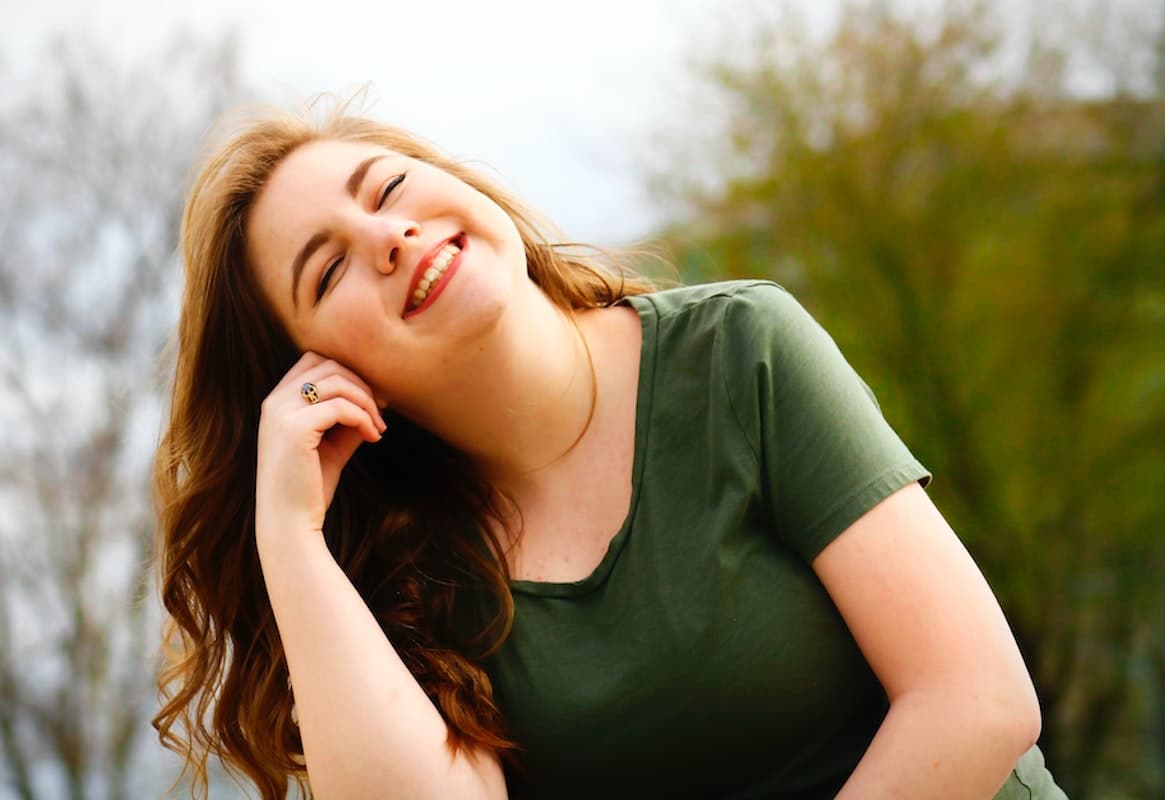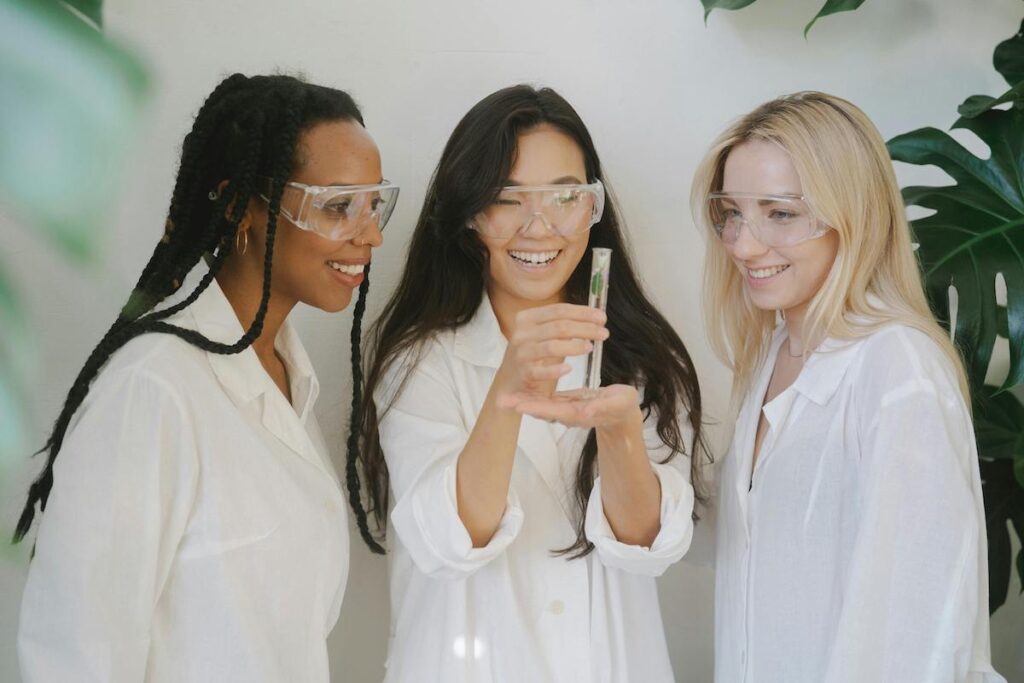Considered an adornment for thousands of years, having beautiful hair, hair that shines with vitality, is considered an important asset, a real gift from nature. Yet who hasn't complained at some point, despite careful care, about hair that's too greasy, dry and damaged, dull, brittle, split, thin and lacking volume, or about unsightly dandruff or uncomfortable itching?
In addition to its unrivalled expertise in the treatment of hair growth problems and hair loss, Clauderer has developed unrivalled expertise in the treatment of these ailments, which can be unpleasant and disabling in everyday life.
Of course, here too, everything starts with a hair diagnosis. This diagnosis will enable your Clauderer specialist to understand the origin of your problem, to determine the precise results you can obtain, the time required and the personalised treatment that will enable you to achieve these results.
Clauderer's expertise doesn't stop at helping you find the solution to these common problems. We can also provide you with effective solutions to combat hair loss, dull, porous hair, thinning hair or even electric hair.
Clauderer Specialists know how to take care of all hair types.
We distinguish between "treatments" and hair care:
- Treatments are aimed at tackling a major problem such as hair loss, thinning hair or fewer hairs.
- Hair care is geared more towards a daily hair routine to keep your hair and scalp healthy.




